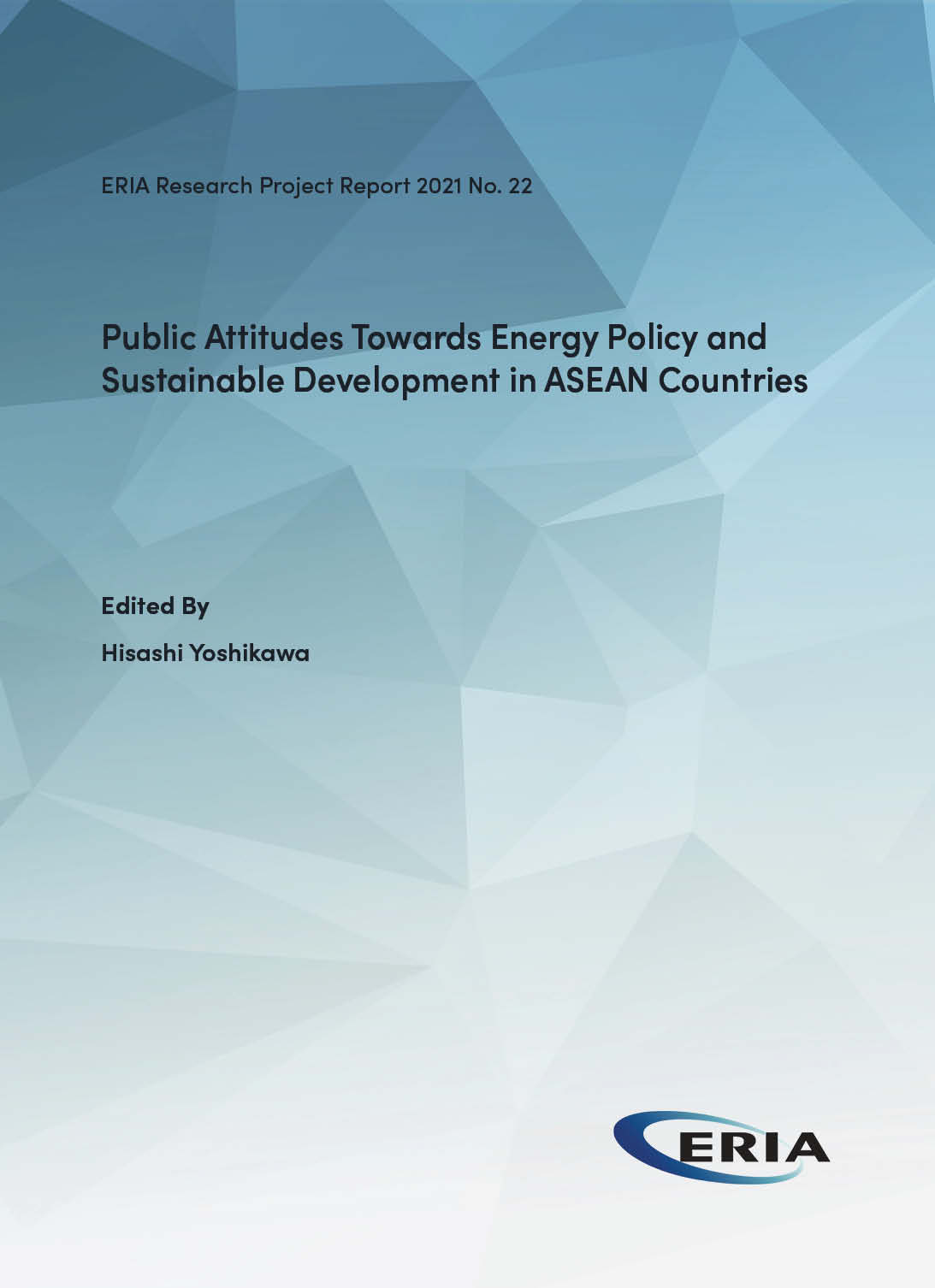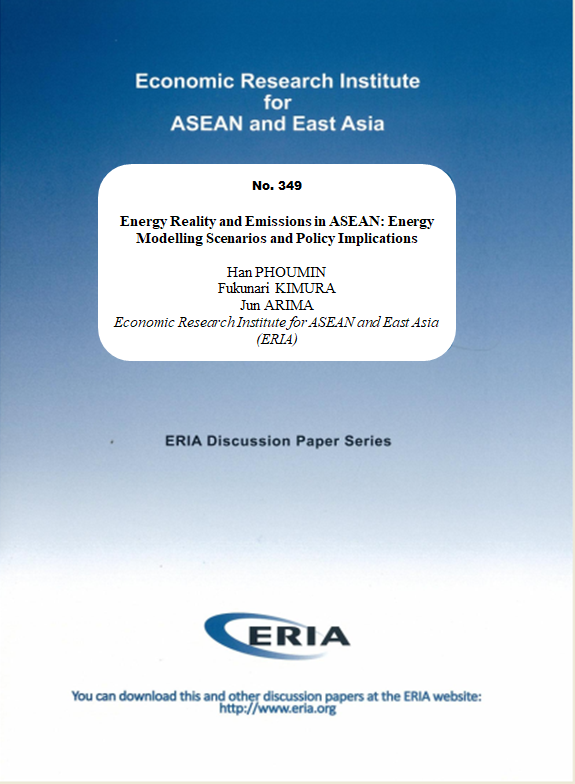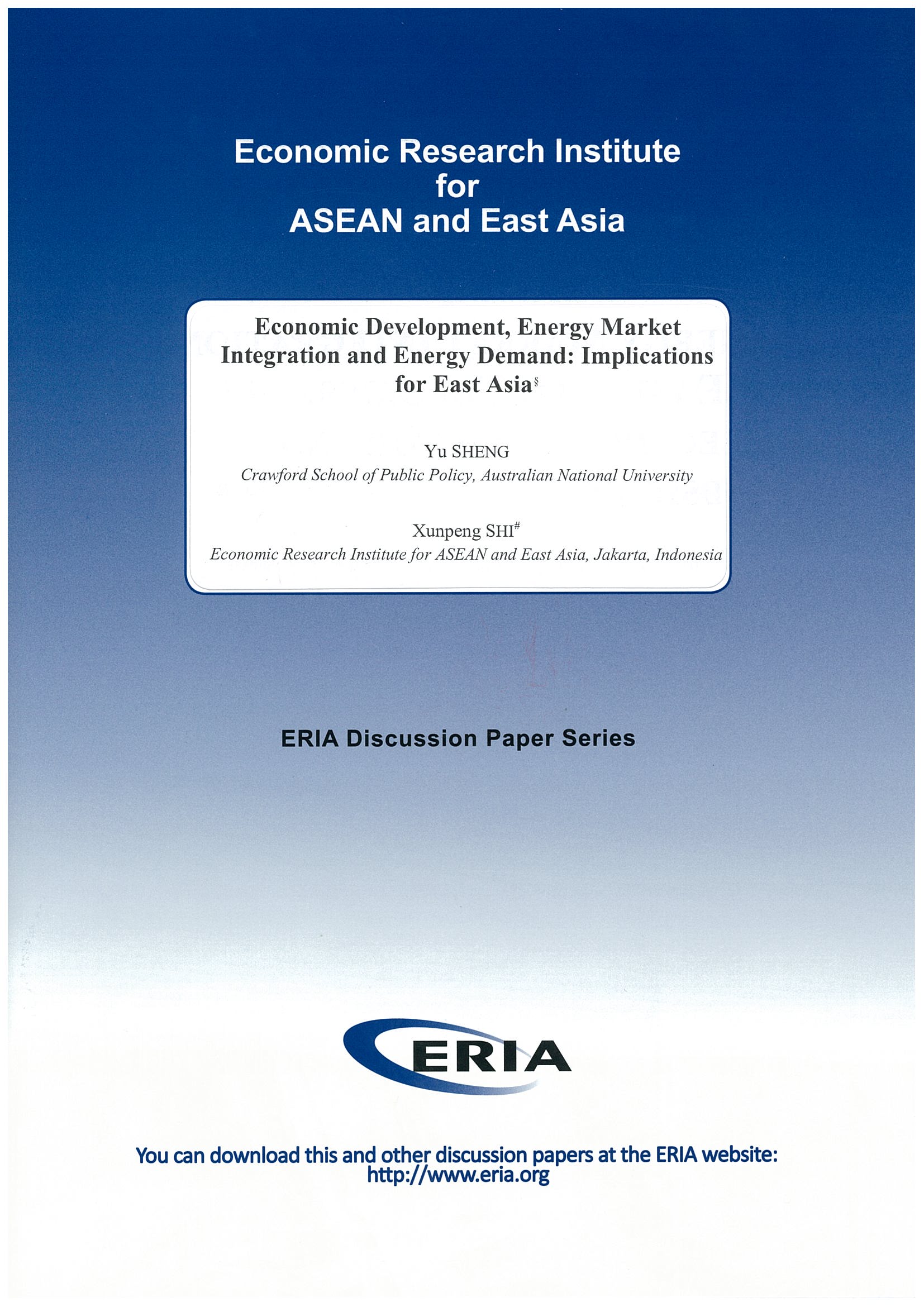Public Attitudes Towards Energy Policy and Sustainable Development in ASEAN Countries

Date:
16 February 2022Type:
Research Project ReportsTags:
ASEAN, Energy, Regulation and Governance, Sustainable Development, Sustainable EnergyPrint Article:
To further encourage the diffusion of Renewable Energy (RE) in ASEAN countries, a certain level of policy support is needed based on the extent to which citizens accept the cost burden. This study examines the willingness to pay (WTP) for RE and electric mobility in ASEAN countries, using discrete choice experiments (DCEs) and the contingency valuation method (CVM). It targets Malaysia, the Philippines, Thailand, and Viet Nam.
Respondents preferred higher RE shares, and the RE share coefficients in all three cities were positive and significant at the 1% level. The WTP for RE is only a few percent in most cases, and the highest value is about 20% for solar in the Philippines. The WTP corresponds to recognition and evaluation, with a higher price for solar PV and a lower price for biomass energy. Consumer preferences for sustainable transportation were explored by estimating the WTP for electric motorcycles in Viet Nam.
Full Report
Public Attitudes Towards Energy Policy and Sustainable Development in ASEAN Countries
Contents
Chapter 2 - Review of Energy Policies
Chapter 3 - Methodology: Survey Design
Chapter 5 - Descriptive Results




